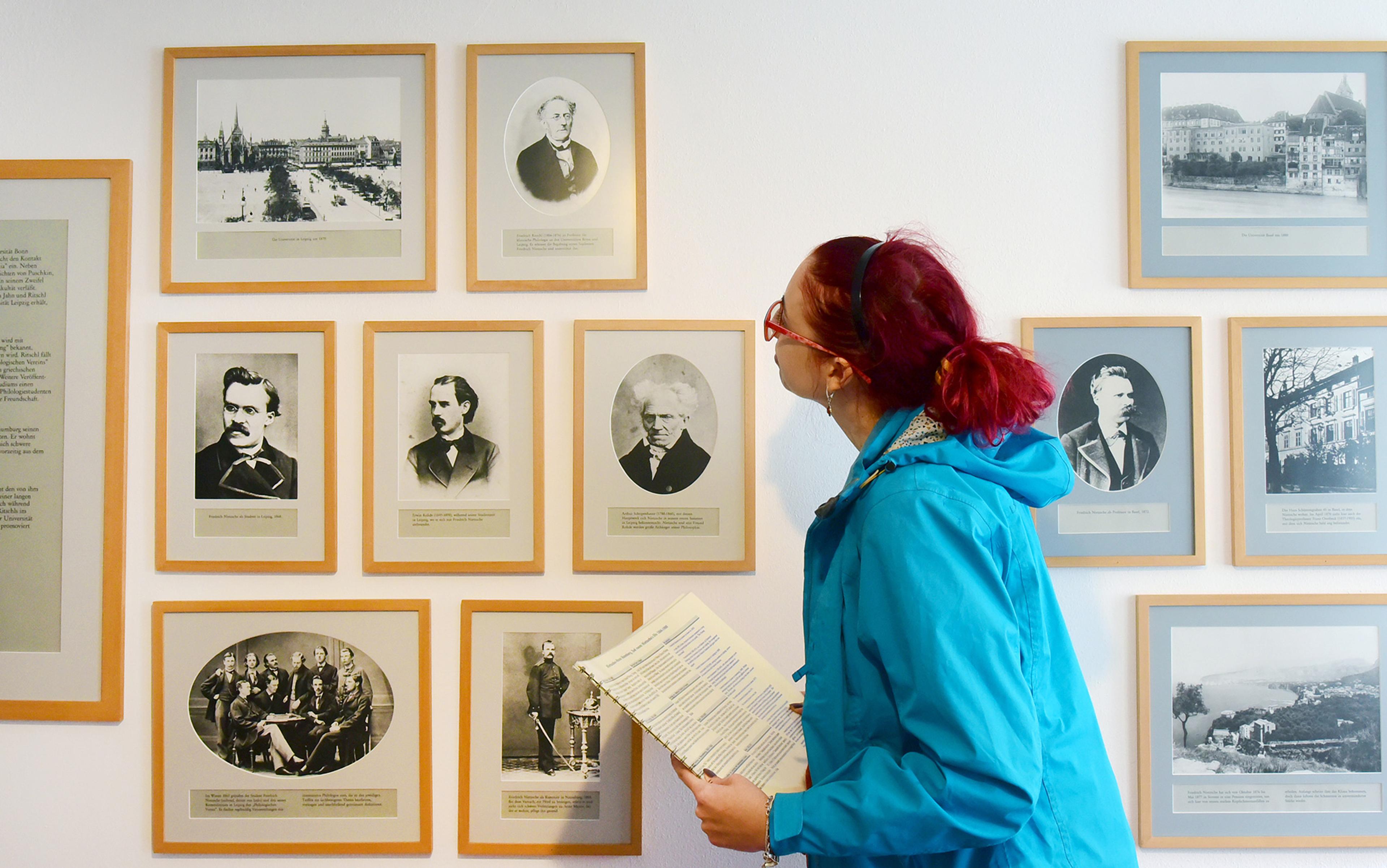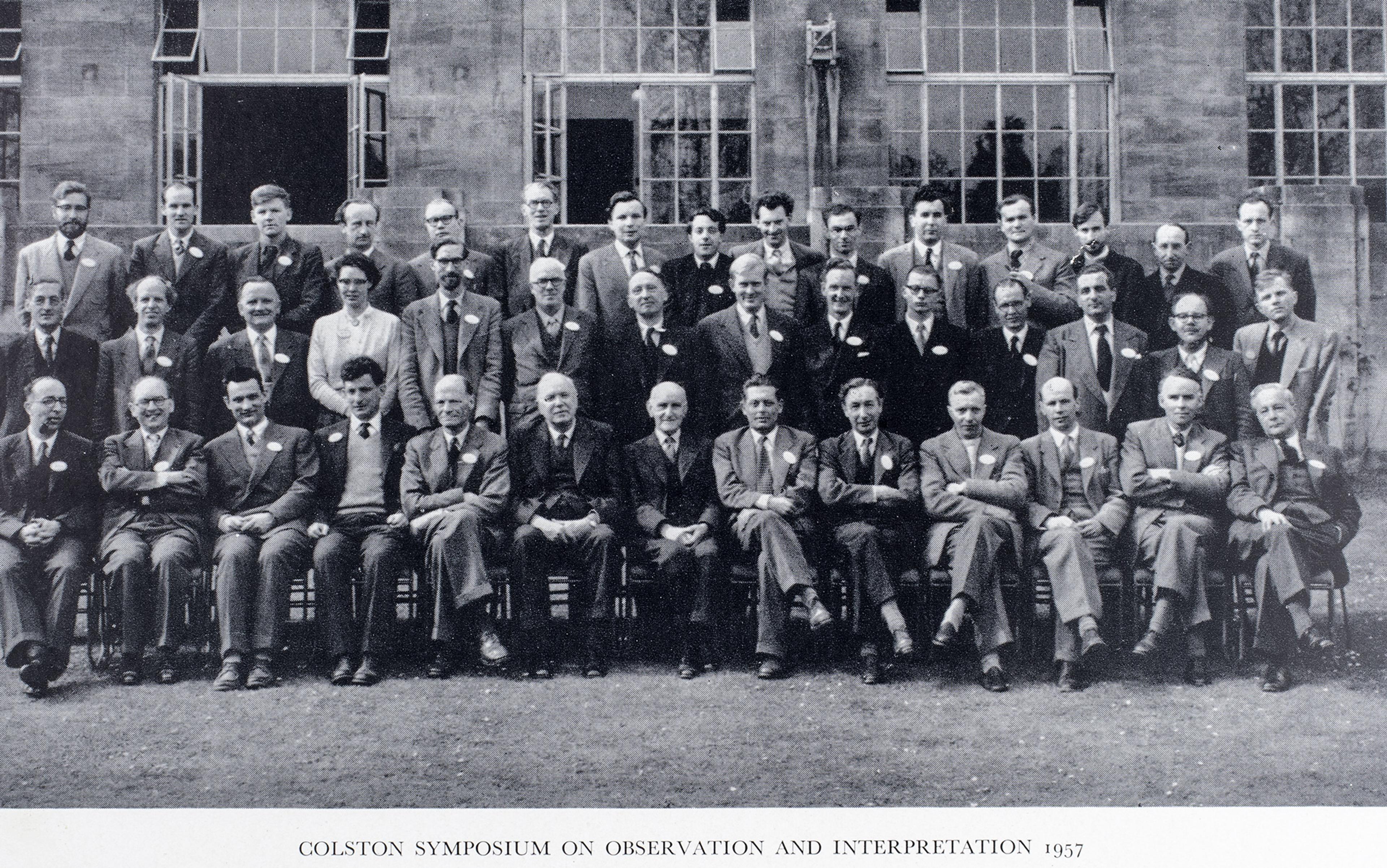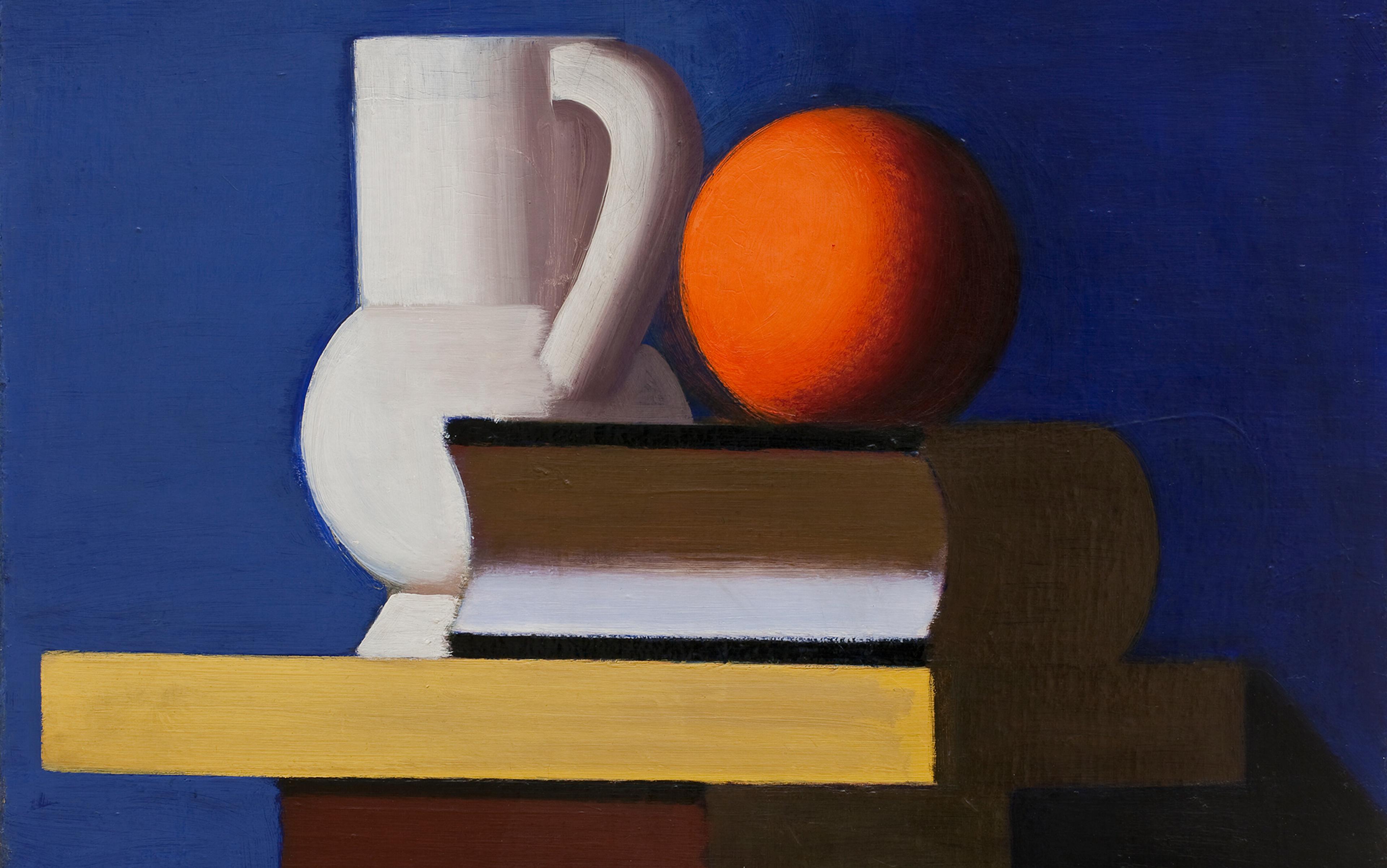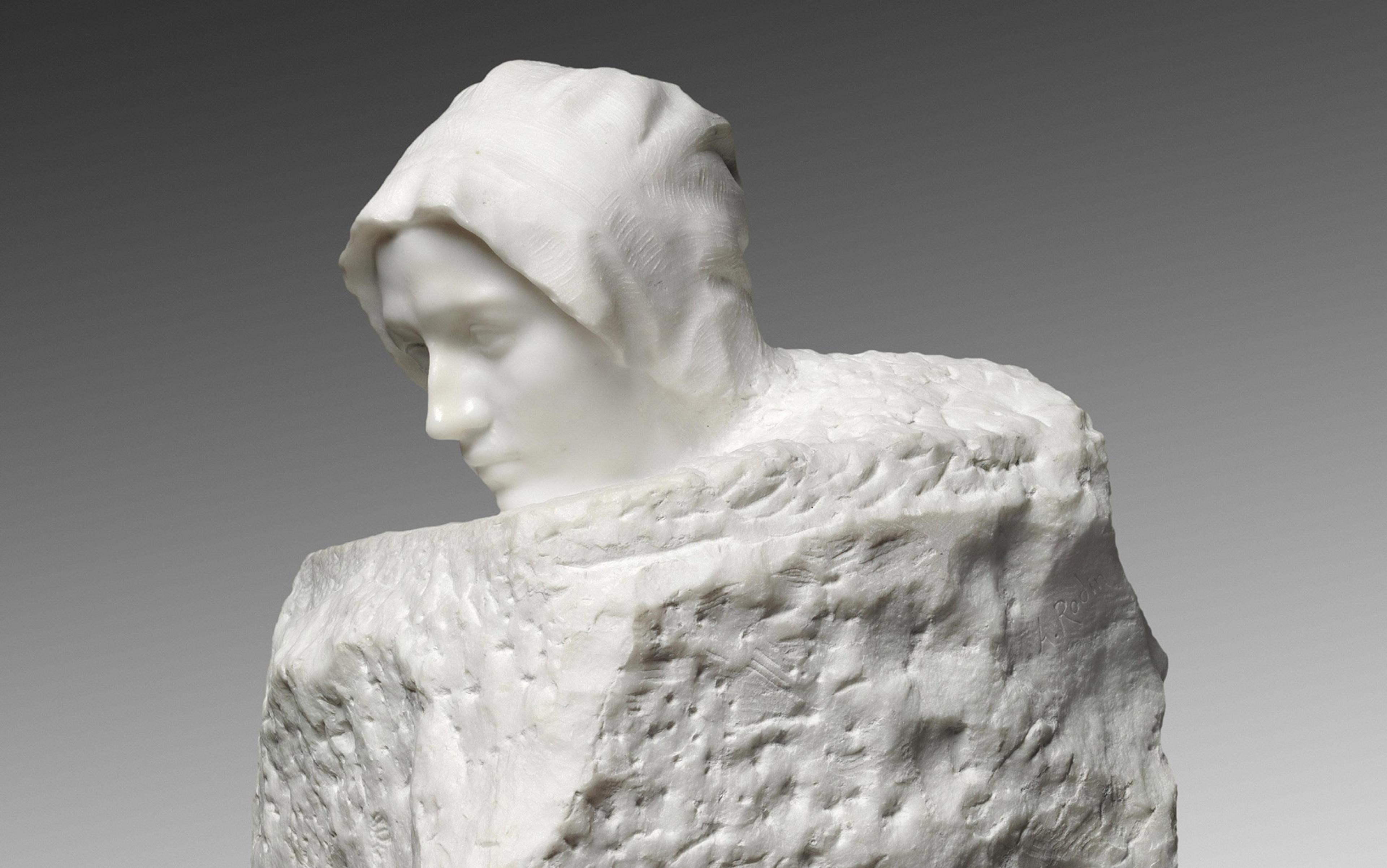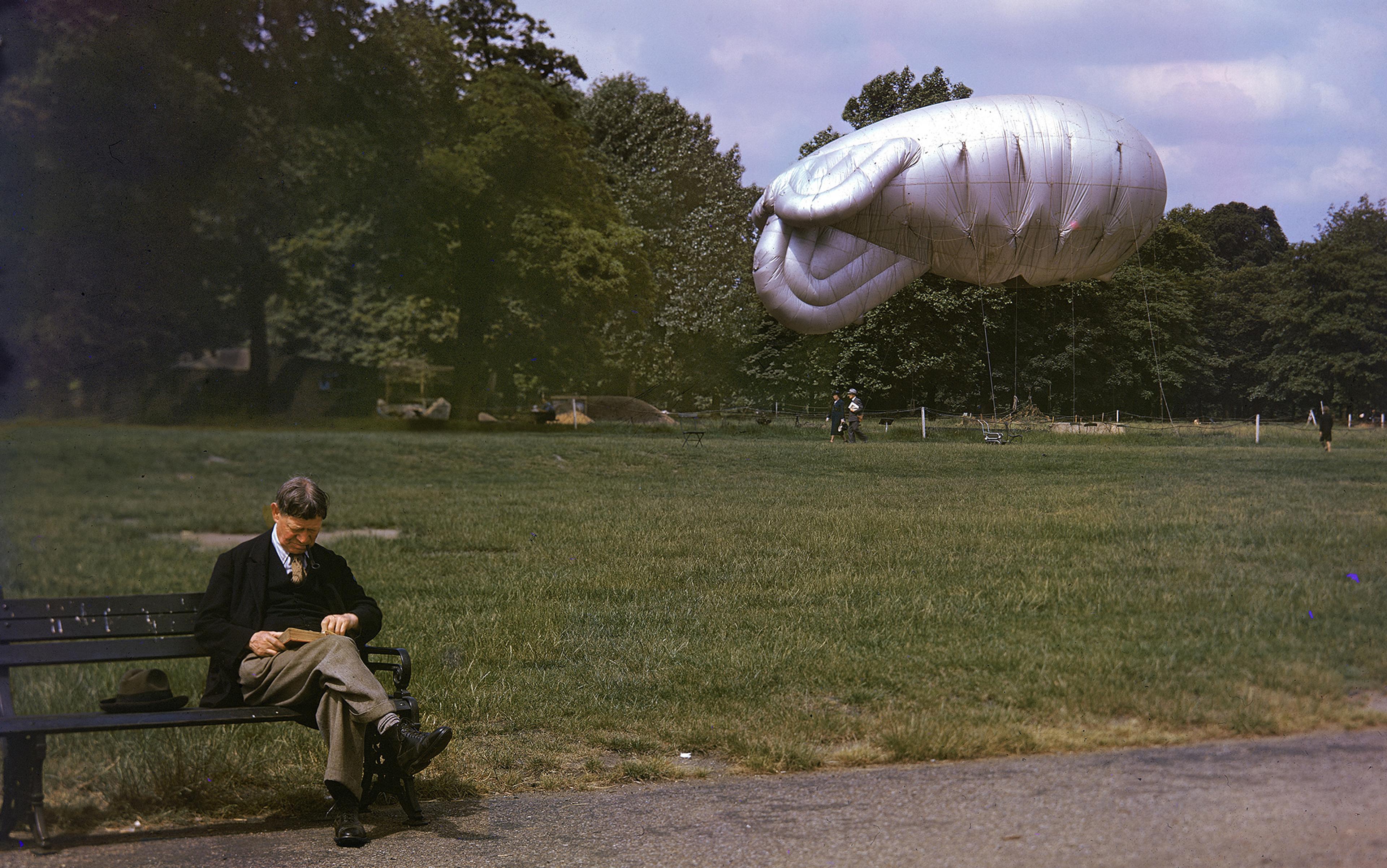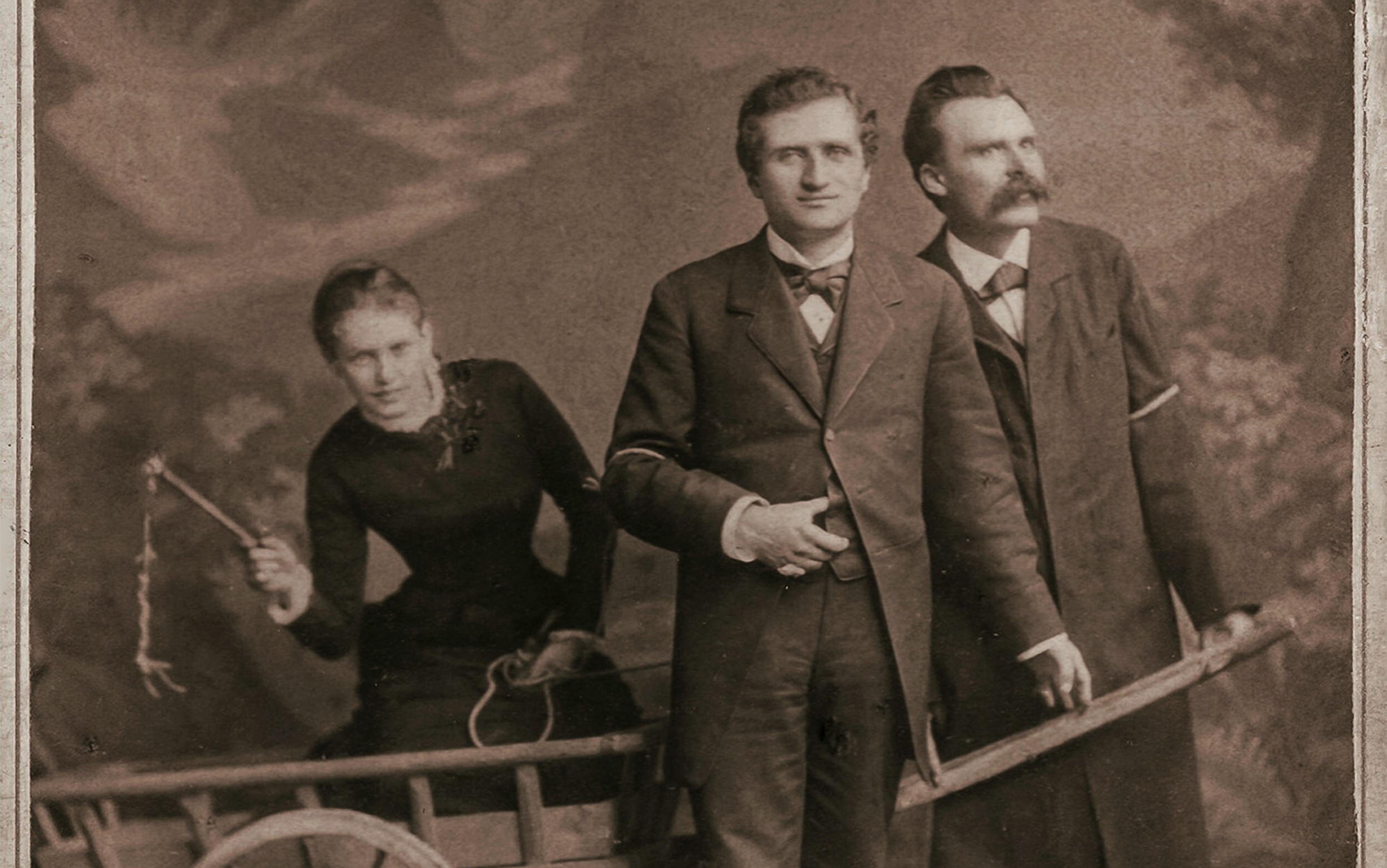In the 1950s, the philosopher Mary Midgley did something that, according to philosophical orthodoxy, she wasn’t supposed to do. In a BBC radio script for the Third Programme (the precursor of BBC Radio 3), she dared to point out that almost all the canonical figures in philosophy’s history had been unmarried men. To most, Midgley’s attempt to discuss the relationship status of our most cherished philosophers would have been discarded as irrelevant, even scandalous. Surely ideas are timeless, outliving any particular philosopher and their marital status (or lack thereof)? At the time, Midgley’s comments were seen as inappropriate, and she received an aggressive response from her editor who questioned whether these were philosophical points at all. The script ‘Rings and Books’ was never broadcast – it was rejected on the grounds that it was a ‘trivial, irrelevant intrusion of domestic matters into intellectual life’.
For more than 60 years, Midgley’s script fell into oblivion. Eventually, it was discovered buried under a pile of dusty notes in Midgley’s home when she was in her 90s. Even though Midgley’s move in the would-be radio script was frowned upon, she wanted her listeners to reflect upon this ‘trivial’ fact of the matter – because, she felt, it was important. It told us something about philosophy itself. As it turned out, Midgley’s answer would anticipate an important insight later developed by some of the most famous feminist thinkers in the 2000s. But back in the 1950s, this went unnoticed.
Midgley began her philosophical career as an undergraduate at the University of Oxford in the early years of the Second World War – she was there from 1938 to 1942. During this time, she got to know several women who went on to become prominent philosophers after the war, including Elizabeth Anscombe, Iris Murdoch (both were also regulars on the BBC) and Philippa Foot. All four had wildly different characters but became fast friends and lifelong philosophical interlocutors.
After the war, Midgley began a doctorate degree at Somerville College, Oxford, studying Plotinus – best known as a defender of Platonic philosophy. But she quickly regretted her decision. Writing many years later in an article for The Guardian entitled ‘Proud Not to Be a Doctor’, Midgley describes her ‘luck’ in having dropped out of her PhD, even if that meant she would never receive ‘those magic letters that qualify one to teach in universities’ (namely, ‘P’, ‘h’ and ‘D’). Specifically, Midgley felt she had dodged a bullet and avoided falling into the philosophical narrow-mindedness that was fashionable in 1940s Oxford.
Midgley didn’t begin publishing the books and articles she would later become known for until 59
In her career after Oxford, Midgley became a prolific writer, professional philosopher and, unlike many academics, popular with a public audience. Over the 99 years of her life, in more than 200 publications, she engaged in deep philosophical problems of identity, evil and human nature, as well as topics of public concern like environmentalism, religion and science (including a bust-up with Richard Dawkins who is said to still ‘feel the cruelties of Midgley’s original assault as painfully as a pea beneath the mattress of adulation on which he now reclines’). Midgley appeared on the radio and wrote articles for The Guardian with provocative titles like ‘Sneer Tactics’ and ‘Santa Pause’ (the former outlines the morally right circumstances in which one can make a joke at another’s expense, and the latter offers a Christmas wish for the correct use of the comma in contemporary literature). With all her philosophical faculties intact, Midgley published her final book, What Is Philosophy For?, just three weeks before her death in 2018 (the following year, she would have turned 100 and received a letter from Queen Elizabeth II).
Public and philosophical success came late in Midgley’s life, making her career path somewhat unusual compared with other philosophers, whose careers usually began when they left university. In fact, Midgley didn’t begin publishing the books and articles she would later become known for until the age of 59. Later, she explained that: ‘I needed time to think. Before then, I did not know what I thought clearly enough to want to go public with it.’ And the Midgley who wrote ‘Rings and Books’ in her 30s had not become the Midgley that many now recognise as a leading figure of 20th-century philosophy. When she made that ever-so scandalous observation – that most of our remembered philosophers were bachelors – Midgley did so from the living room of her town house in Newcastle, surrounded by her family, far beyond the walls of any university environment.
Midgley’s observation that ‘none of [the greatest] philosophers … had any experience of living with women or children’ led her to make an important insight about the concept of philosophy itself – one that was perhaps available only to someone from outside the conventional academy. To the BBC, these were the words of a mother, not a philosopher. But from a contemporary point of view, it’s clear that Midgley was presenting an important insight – perhaps just one that the world wasn’t ready to hear in the 1950s.
Philosophy was human work for Midgley, something that humans need to do for life to go well. And this philosophy can go well or badly. In her words, philosophy is ‘the way in which we service the deep infrastructure of our lives – the patterns that are taken for granted because they have not really been questioned.’ Here philosophy is, at least in part, a personal practice of scrutinising our tightly held beliefs, patterns of thought and assumptions – something akin to critical thinking, perhaps.
Philosophers must question concepts at work in society, especially those that have become blocked or damaged (Midgley compares the work of a philosopher with that of a plumber). To return to Dawkins, the idea that human behaviour could possibly be determined by a so-called selfish gene struck Midgley as a dangerous ideology, not a piece of science. She saw the personification of the gene as reductive and encouraging of a ‘grand conclusion that the cosmos is both a random, meaningless jumble and also a callous, brutal fate-figure that manipulates us’. Midgley thought the idea of purpose wouldn’t go away, despite Dawkins’s sweeping rhetoric (it’s worth mentioning that Dawkins took the time to meticulously respond to each of her criticisms, which he took to be unfair caricatures of the concept of selfish genes). Without the lure of simple selfishness, Midgley thought, we can see human nature in its amazing complexity, including a vast array of motives, drives, needs and desires (one of which may indeed be selfishness).
Trends in philosophy today may be a consequence of the fact that most of our ‘great’ philosophers were bachelors
The question of what philosophy is and what it is for preoccupied Midgley her entire life. And while ‘Rings and Books’ was deemed ‘trivial’ and ‘irrelevant’ by the BBC, it is as much a part of Midgley’s discussion of the very nature of philosophy as any of her other essays and books.
Let’s begin with Midgley’s depiction of what she calls a ‘philosophical adolescent’:
Philosophers need above all to concentrate. They are not like poets (nearly all good poets marry, however madly). What they most need is space for thought … Because independent thought is so difficult, the philosophic adolescent (even more than other adolescents) withdraws himself from the influences around him to develop ideas in harmony with his own personality … The great philosophers did not return [from this withdrawal]. Their thoughts, unlike yours and mine, had powers enough to keep them gazing into the pool of solitude.
Here Midgley describes a fairly prevalent caricature of a philosopher; an individual who develops her ideas in private, free from the distraction of children, dependents, partners and pets. It is a lifestyle born of many privileges: quiet spaces, prolonged periods for deep thought, plentiful resources. Virginia Woolf noted that deep thinking requires ‘a room of one’s own’, and Midgley is making a similar point. But Midgley is also critical of this picture of the philosophical life. The lives and concerns of others do not seem to factor into it – all one needs is one’s own mind. But rather than hold up this model as one of a wizened intellectual, Midgley compares this kind of lifestyle to that of a teenager.
Though certainly simplistic (and possibly insulting to actual teenagers), there is some truth in Midgley’s account of the lifestyles of many famous philosophers. Again, Woolf observed the struggle for women to find ‘a room of one’s own’ amid the battle to lead a life beyond domestic duties. This historical fact, we might think, is what prevented women from attaining the conditions deemed necessary for producing books that now ground entire traditions of philosophy, like René Descartes’s Meditations – or Immanuel Kant’s body of writing (Kant lived alone and virtually never left his hometown of Königsberg). If Midgley is right, many common trends in philosophy today may be the consequence of the fact that most of our ‘great’ philosophers were bachelors.
Midgley is doing more here than simply pointing out an interesting piece of trivia. Her claim, developed in the rest of ‘Rings and Books’, is that this observation is of philosophical significance. She argues that the lifestyle of the ‘philosophical adolescent’ must have impacted their conception of what counts as ‘good’ or ‘proper’ philosophy. As she writes in her memoir The Owl of Minerva (2005):
None of these [great] philosophers … had any experience of living with women or children, which is, after all, quite an important aspect of human life. I wrote [‘Rings and Books’] drawing attention to this statistic and asking whether it might not account for a certain over-abstractness, a certain remoteness from life, in the European philosophical tradition.
Midgley thought that by missing out on close meaningful relationships in their personal lives, many philosophers were encouraged to think of philosophy itself in a particular way – as the opposite of intimate and relational: abstract and remote. In short, Midgley thinks forms of social detachment may foster forms of philosophical detachment.
In the Western tradition, an over-abstract approach to philosophy is familiar. Bertrand Russell (who, in a striking departure from the trend that Midgley highlights, was married four times) argued that a good philosopher:
will see as God might see, without a here and now, without hopes and fears, without the trammels of customary beliefs and traditional prejudices, calmly, dispassionately, in the sole and exclusive desire for knowledge – knowledge as impersonal, as purely contemplative, as it is possible for man to attain.
Let’s consider an example offered by Midgley. Descartes is typically credited with, if not quite having founded, then as having done much to establish a long tradition of philosophical thinking called epistemology – the study of knowledge. In his Meditations, Descartes attempted to establish what, if anything, he can know for certain. Sitting down by his fireplace, he calls into question anything in his mind that might be subject to doubt. The existence of his friends, his family and everything else in the external world were all vulnerable – that is, doubtable – as was his own body. Descartes wondered: how can we really know that these things exist? Could they not be mere illusions, or dreams?
Midgley sees us as entangled in our close relations with others
Descartes concludes that the only thing I can know with certainty is that I am thinking (and therefore that I exist) – or, as philosophers know it, Cogito, ergo sum. Summarised by Midgley: ‘Here I am, said Descartes, a soul, an isolated thinker.’ But, despite its prominence in canonical histories of Western thought, Midgley was not overly impressed by this argument. In fact, she thinks this Cartesian move is born from the philosophical ‘adolescence’ that Descartes never grew up from. As she puts it:
People leading a normal domestic life would not, I believe, have fallen into this sort of mistake. They would have taken alarm at the attitude to other people which follows from Descartes’s position. For Descartes, other people’s existence has to be inferred, and the inference is a most insecure one … Now I rather think that nobody who was playing a normal active part among other human beings could regard them like this. But what I am quite sure of is that for anybody living intimately with them as a genuine member of a family … their consciousness would be every bit as certain as his own.
Midgley’s use of ‘normal’ here is no doubt reminiscent of a dated view about the nuclear family hailing from a time when many women carried out most of the domestic duties. But even aside from this, Midgley’s claim is important. As knowers, Midgley sees many of us (if not all) as already entangled in our close relations with others. From here, we can learn about the world, including the certain existence of other people. And Midgley thought that the experiences of those caring for children, in particular, could help illuminate the extent to which we really are entangled with one another’s existences.
Her point is essentially this: certain philosophical problems seem important only because of the kinds of lives lived by the philosophers who thought about them. With Descartes still firmly in her crosshairs, Midgley points to the example of the so-called ‘problem of other minds’ – the epistemic problem of working out whether we can really know that anyone other than ourselves exists. Midgley argues that someone who has been pregnant, ie, had another someone living inside them, would never consider this an important question worthy of deep, philosophical contemplation. She writes:
I wonder whether they would have said the same if they [philosophers like Descartes] had been frequently pregnant and suckling, if they had been constantly faced with questions like, ‘What have you been eating to make him ill?’, constantly experiencing that strange physical sympathy between child and parent … if in a word they had got used to the idea that their bodies were by no means exclusively their own? That, I suggest, is typical human experience. But you don’t get it in examples in the textbooks. It is supposed to be an irrational topic.
The perspective of a pregnant person here is offered not as an ‘irrelevant’ or ‘trivial’ fact about a philosopher, but a special kind of advantage when it comes to knowledge. Over time, the parent is able to learn something through their body, something beyond the mere fact that I am a thinking thing. Today, notions of the embodied mind and proprioception are commonplace, but in the 1950s it was relatively rare to even mention any part of the body except the brain in a philosophical context.
The kinds of questions that Midgley was attempting to get her listeners to think about in ‘Rings and Books’ – questions like ‘How do our lives affect our philosophical views?’ – did not go away. Midgley’s script may have fallen into oblivion, but the spirit of her ‘trivial, irrelevant intrusion of domestic matters into intellectual life’ lives on. In contemporary philosophy, the idea that knowledge is situated within a particular ‘social location’ – meaning someone’s gender, age, ethnicity, background, even relationship status – is a central notion in feminist philosophy. And this is not a fringe area of philosophical scholarship. As an undergraduate in philosophy today, you’re as likely to study feminist philosophers such as Miranda Fricker, Kristie Dotson and Alison Wylie as you are Descartes. The idea that knowledge might be situated, known as ‘standpoint epistemology’, can be helpfully understood in contrast to the traditional approach to knowledge that Descartes is representative of.
According to traditional epistemology, what can be said to ‘really’ exist must be objective – existing independently of a given knower or their body. This is why Descartes searched for knowledge accessible to any thinking person, a ‘view from nowhere’, available no matter a person’s social location. But feminist theories of knowledge argue that we shouldn’t think of objectivity in this narrow way. Instead, knowledge should be seen as socially entangled with our emotions, interests, relationships, background beliefs and bodies. And factors such as these should not be discarded as inappropriate or merely subjective.
The knowledge of those playing domestic roles in a household was bound up with tasks like ‘constantly lending eyes and hands to the child that requires them’, to use Midgley’s own example. But the perspective of an embodied person is so unfamiliar to the philosophical tradition that it has been often deemed an unphilosophical perspective – or, as Midgley put it, ‘irrational’. ‘Rings and Books’ tells us, rather radically for the 1950s, that the entry of women into the dominant ways in which we come to know about the world offers us new answers to the old questions that ‘great’ philosophers have grappled with – answers that Midgley argues are often ‘closer to the facts’.
‘Rings and Books’ is a script about epistemic injustice that was never aired because of epistemic injustice
Perhaps it was writing from outside the conventional academy that allowed Midgley to make observations and interventions that wouldn’t have been tolerated within – in this case, by drawing attention to the dominance of unmarried philosophers who seemed to neglect bodily connections with our nature as social animals.
What of the suggestion that knowledge gained during pregnancy constitutes an irrational topic? Where does this kind of assumption come from?
In 2007, Fricker developed the term ‘epistemic injustice’ (epistemic meaning relating to knowledge). For her, epistemic injustice occurs when a person, or group of people, are excluded from practices that shape meaning and norms in society. Exclusion can happen on the basis of prejudicial beliefs, eg, about a person’s accent, skin colour or gender.
Consider the following example. Our legal system creates and sustains our laws. Historically, women were not permitted to practise law and, until relatively recently, sexual acts that involve harm to women were not illegal. What’s more, women who reported such crimes were usually seen as overly emotional or said to be ‘flirting’ with their abusers. The concept of ‘sexual harassment’, and the terminology that would allow women to talk about it, didn’t even exist, making it harder for women themselves to understand their experiences as ones of real harm. In other words, women’s knowledge of their own harm was deemed trivial, not because it wasn’t real, but on the basis of sexist prejudices.
It is well known by now that the history of philosophy was dominated by men, but Midgley, like Fricker, points to something deeper. She shows that philosophy – in particular, epistemology – has been developed to favour certain ways of knowing. We’ve been taught that proper knowledge is available to us only once we’ve freed ourselves from our bodies and biases. Equipped with this picture, it is easy to conclude that knowledge generated in other, unfamiliar ways, is ‘unphilosophic’ or ‘improper’.
But, as Midgley highlights, women philosophers were not present in the development of this tradition. So, no wonder it seems unfamiliar. What Midgley offers us is a way of seeing assessments of certain knowledge as ‘irrational’ as a distinct harm – an assessment made on prejudiced beliefs about the identity of a person. As Midgley puts it: ‘[Any] account of human knowledge which women’s whole experience falsifies is inadequate and partial and capricious.’ In other words, we can find a case of epistemic injustice at work in our very concept of epistemology.
Let’s now return to the place where this essay began – the BBC’s decision not to air ‘Rings and Books’ because it was a ‘trivial, irrelevant intrusion of domestic matters into intellectual life’. These words bring to mind an image of a confused person, trying unsuccessfully to contribute to a conversation for which they have no relevant knowledge. Of course, Midgley would go on to prove her editor wrong on this assessment. But what is striking is that this seems very clearly, in hindsight, to be a case of epistemic injustice at work. And so, what we find in the case of ‘Rings and Books’ is a script about epistemic injustice that was never aired because of epistemic injustice. In a sense, back in the 1950s, Midgley’s script was rejected for the very reason she wrote it in the first place: to highlight the inadequacy of the view that embodied ways of knowing do not constitute ‘proper’ ways of knowing. The irony of this would not have been lost on her.

